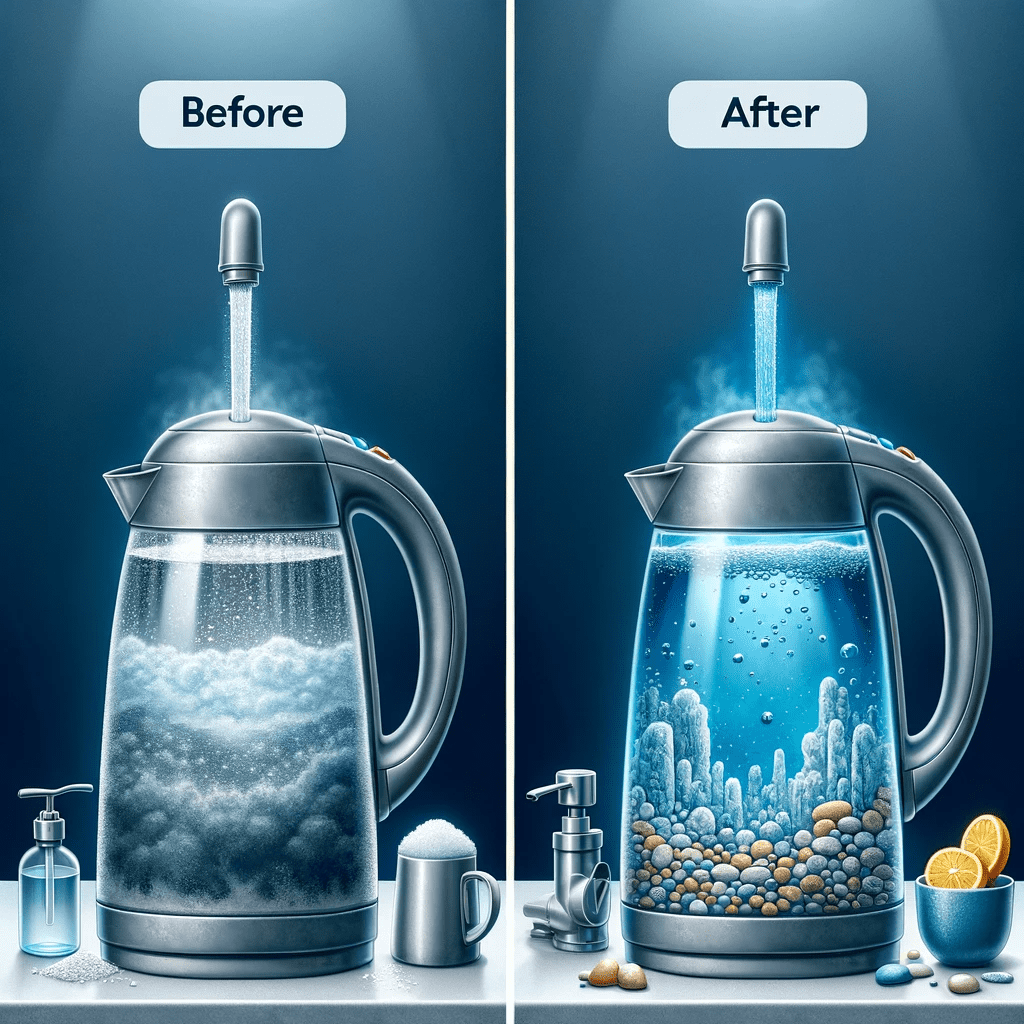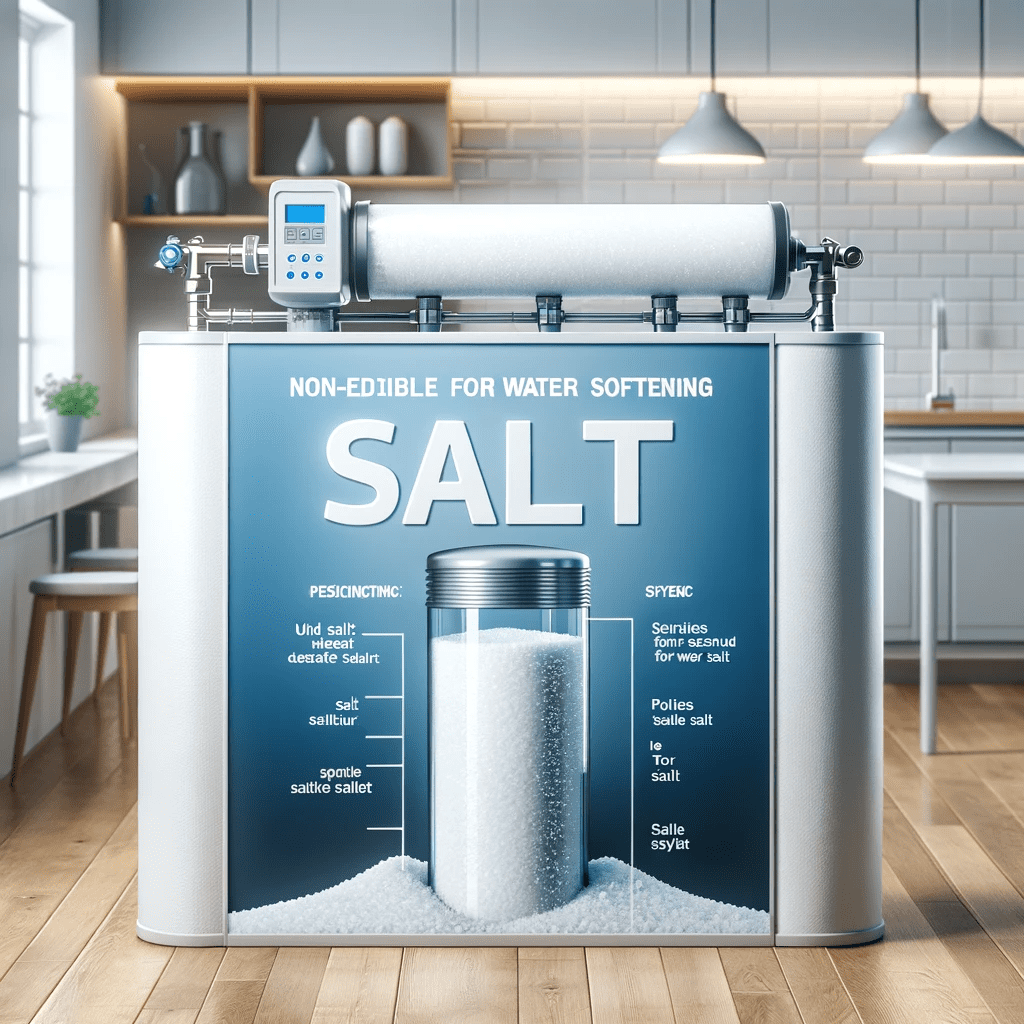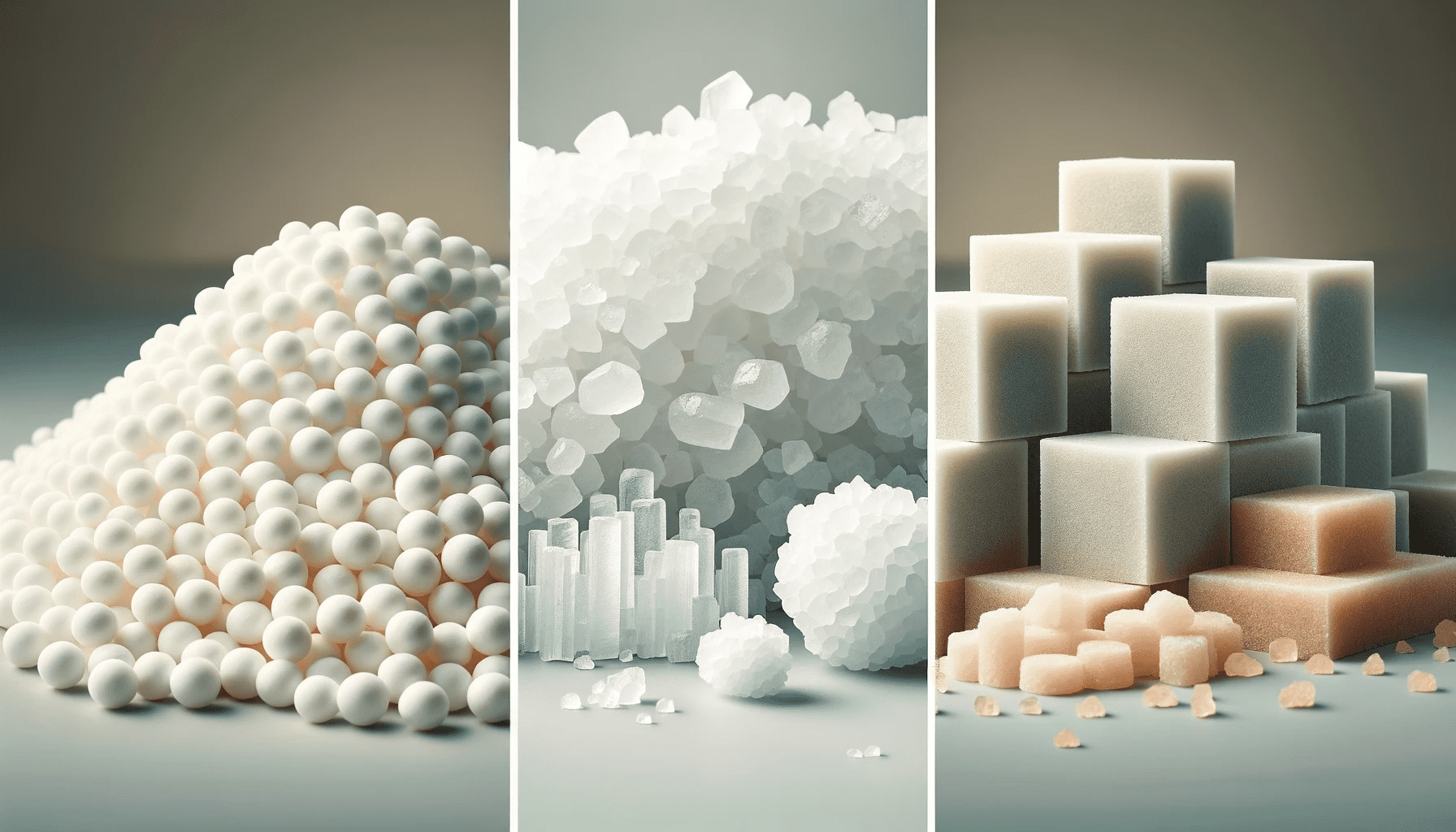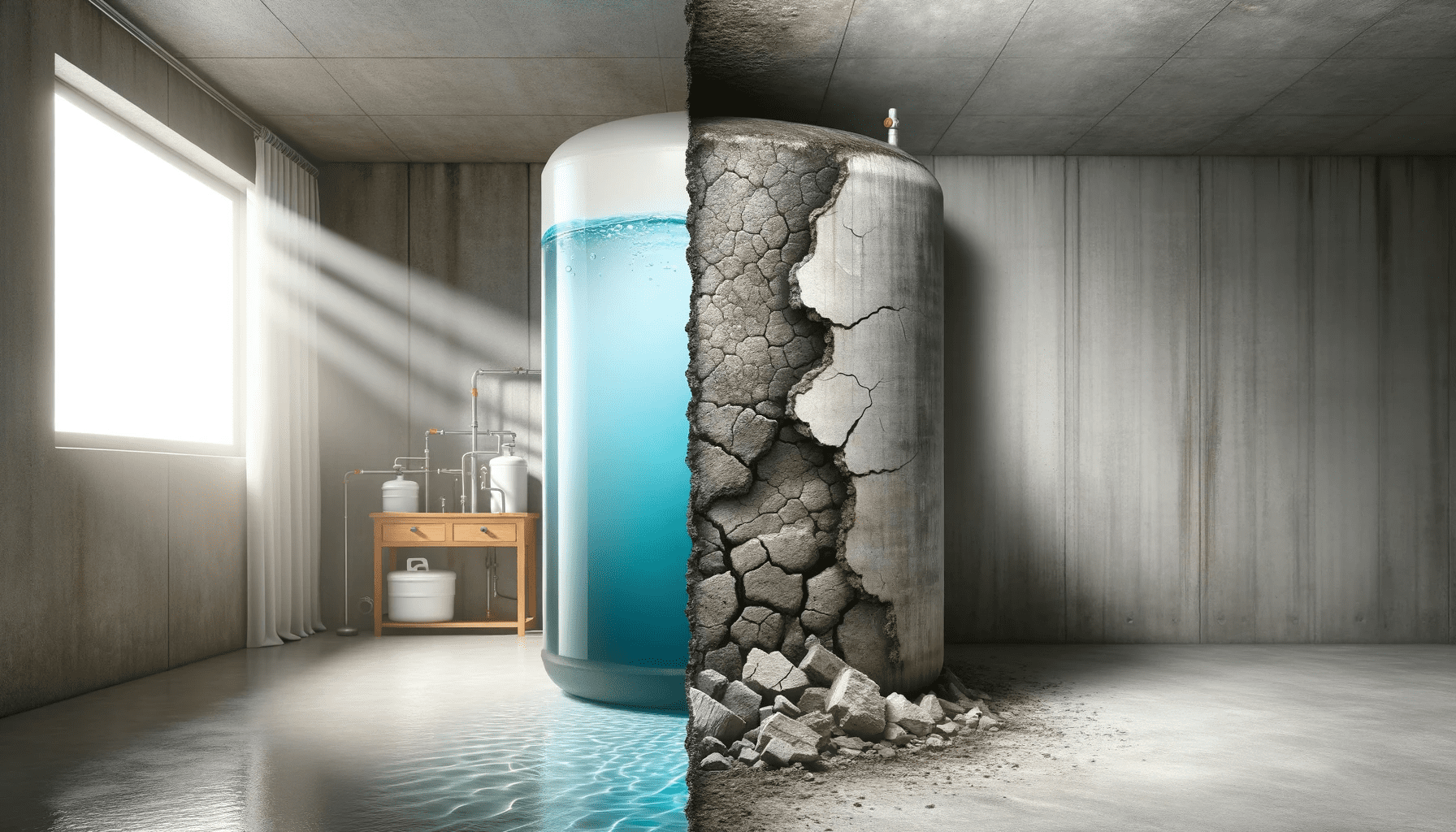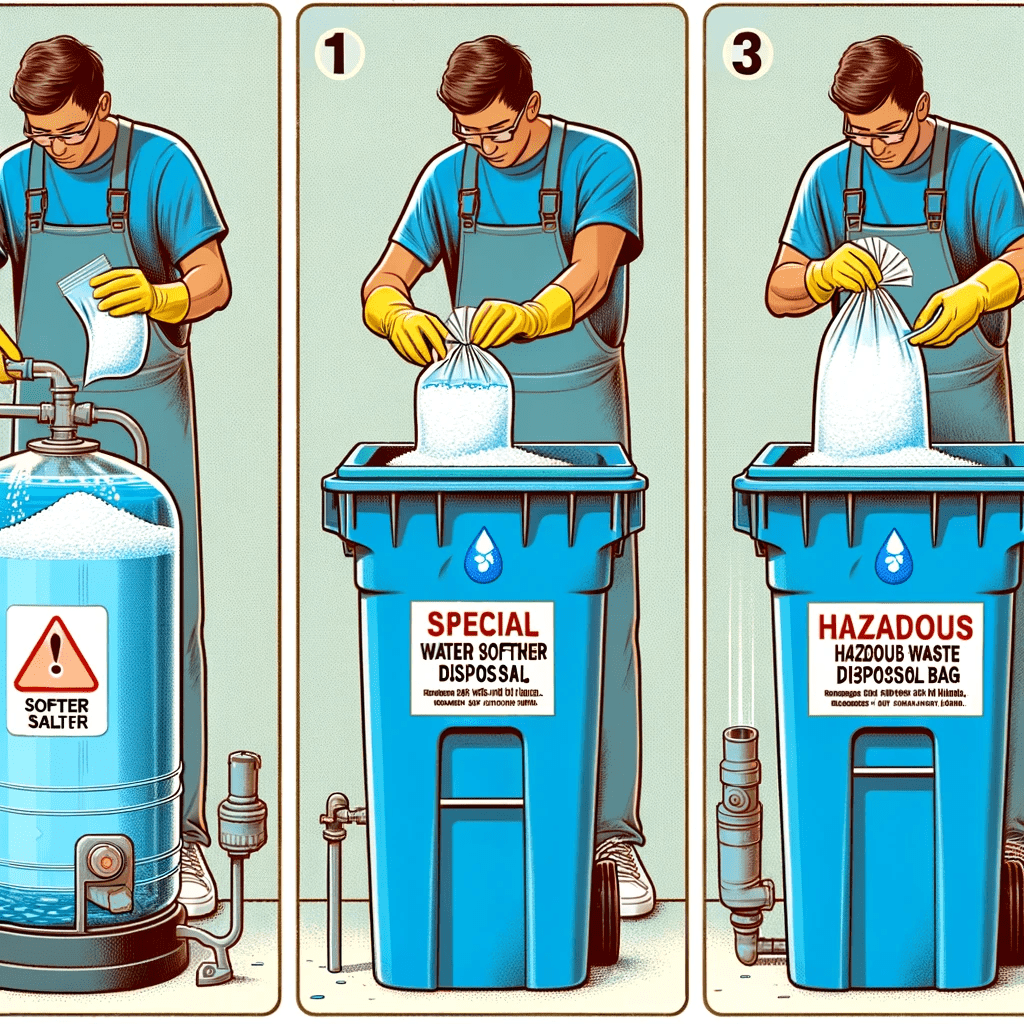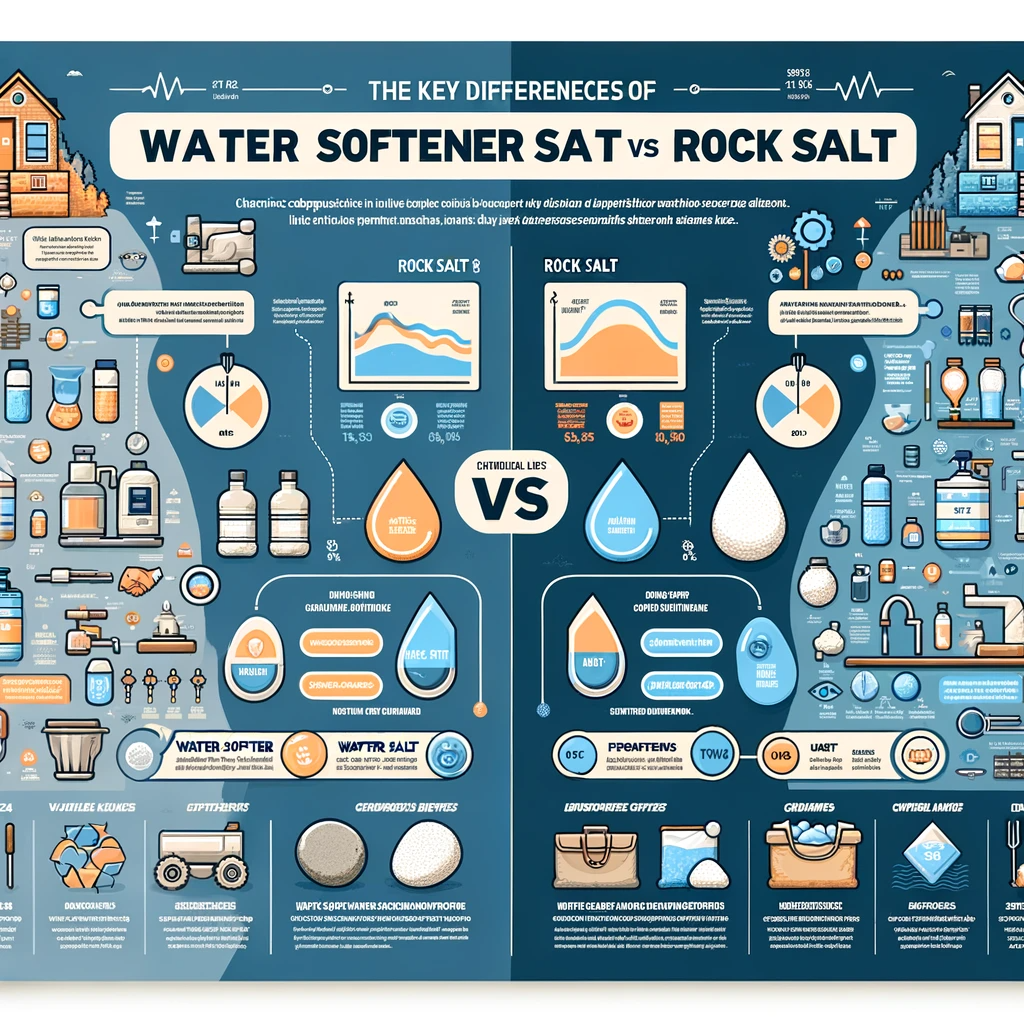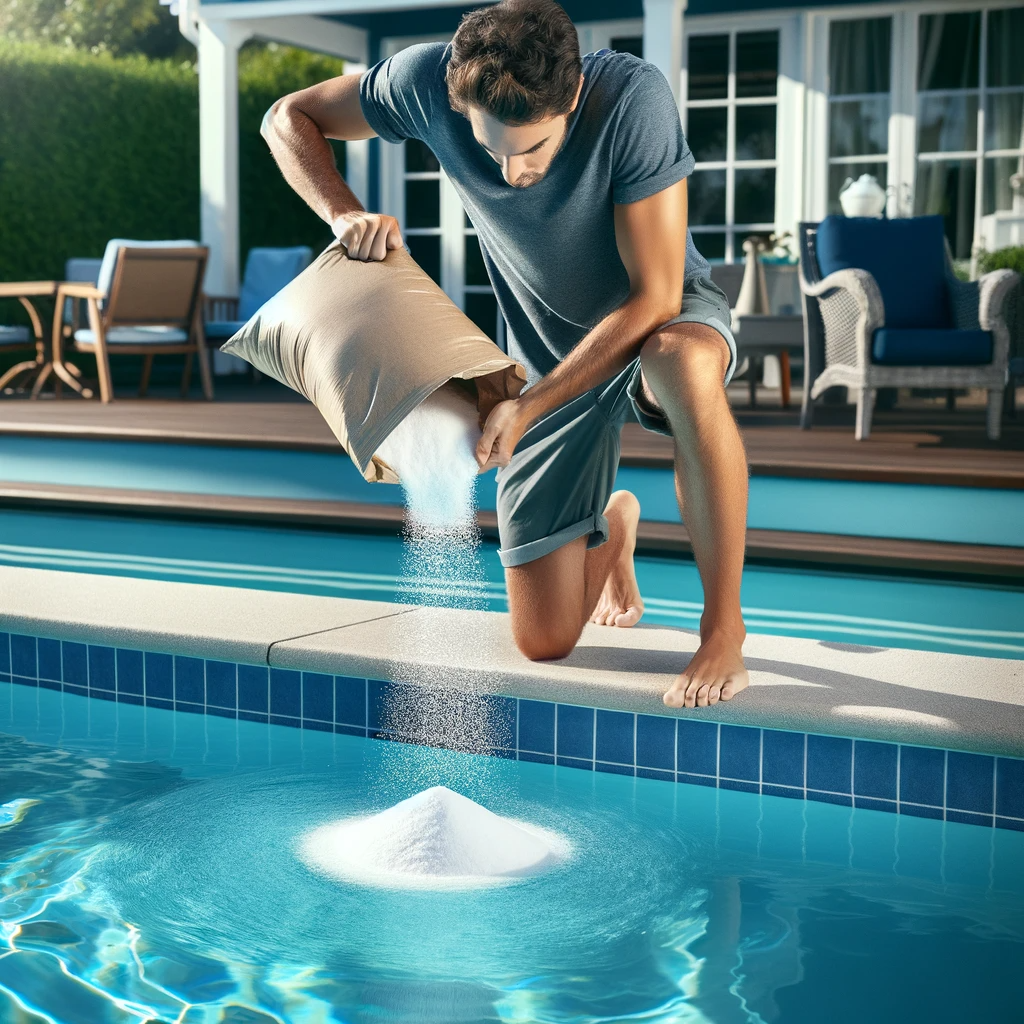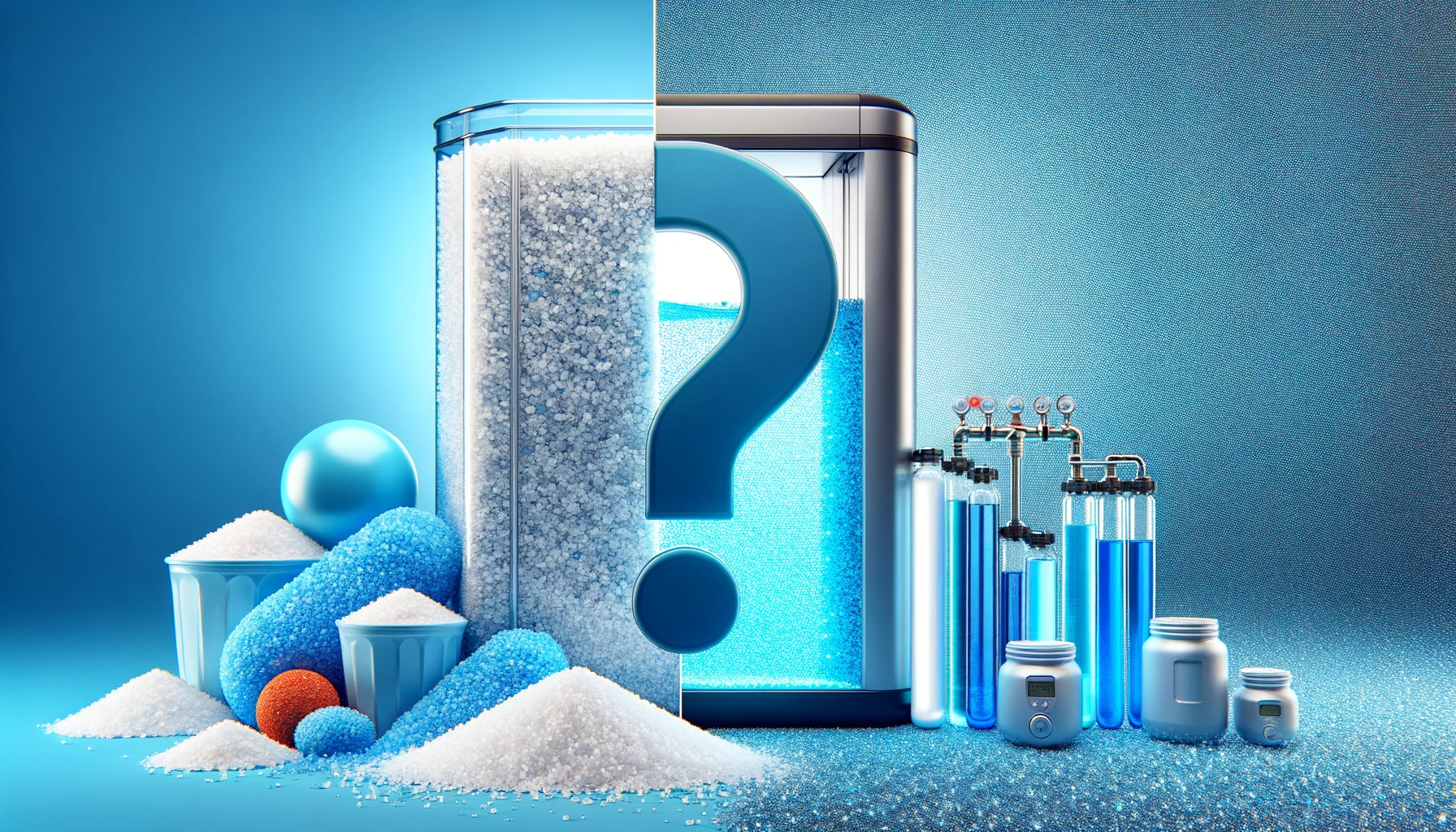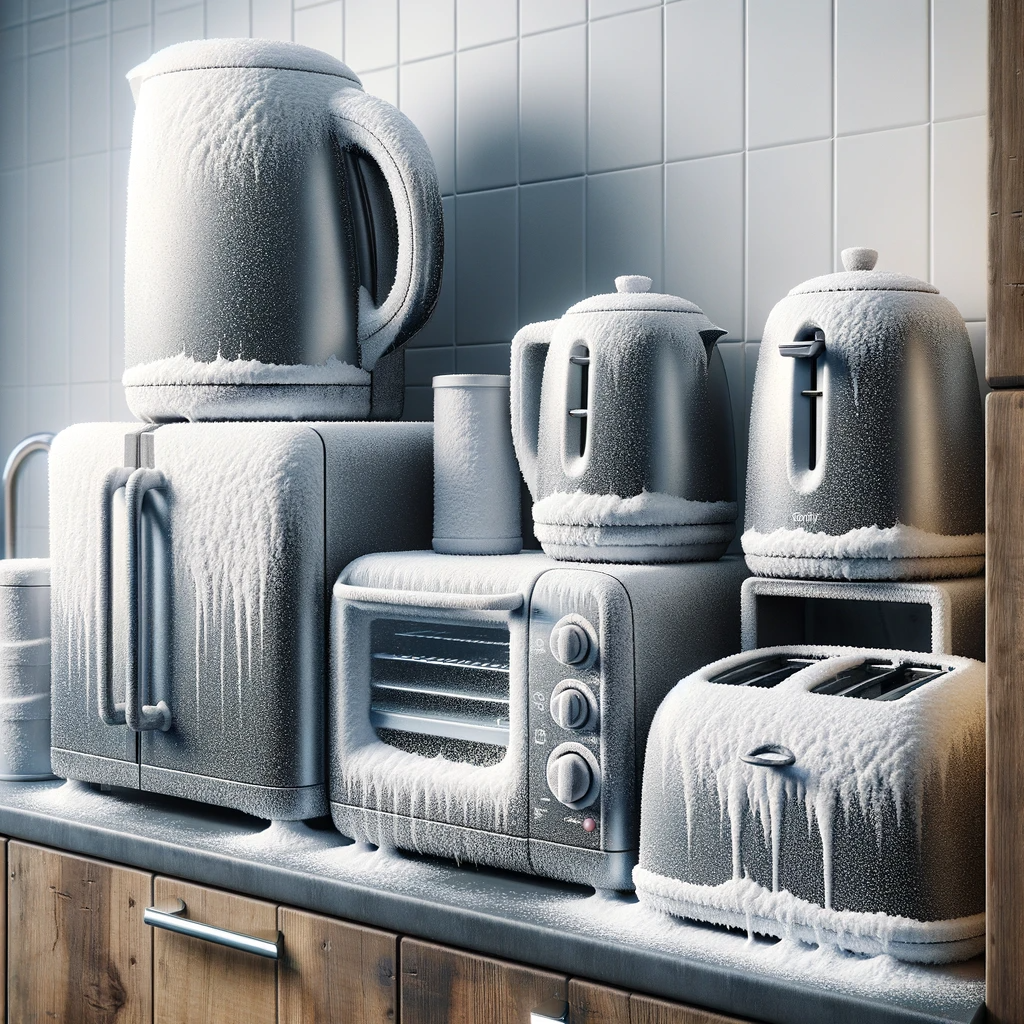Water Softener Plumbing Loop: The Essential Guide for Installation and Maintenance
A soft water loop is not necessary for the installation of a water softener, but it can help address the problems caused by salt-based softeners and save on water treatment costs. What Is A Water Softener Plumbing Loop? A water softener plumbing loop is a system designed to facilitate the installation and efficient functioning of…


